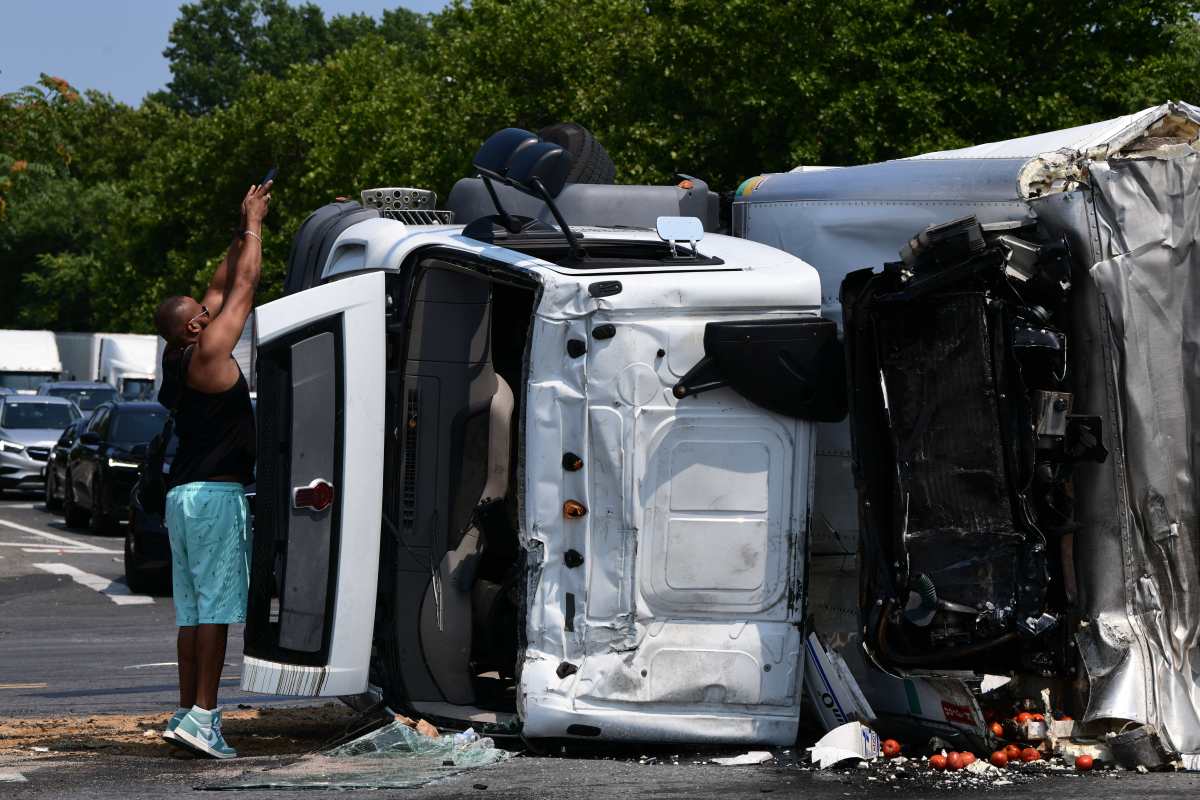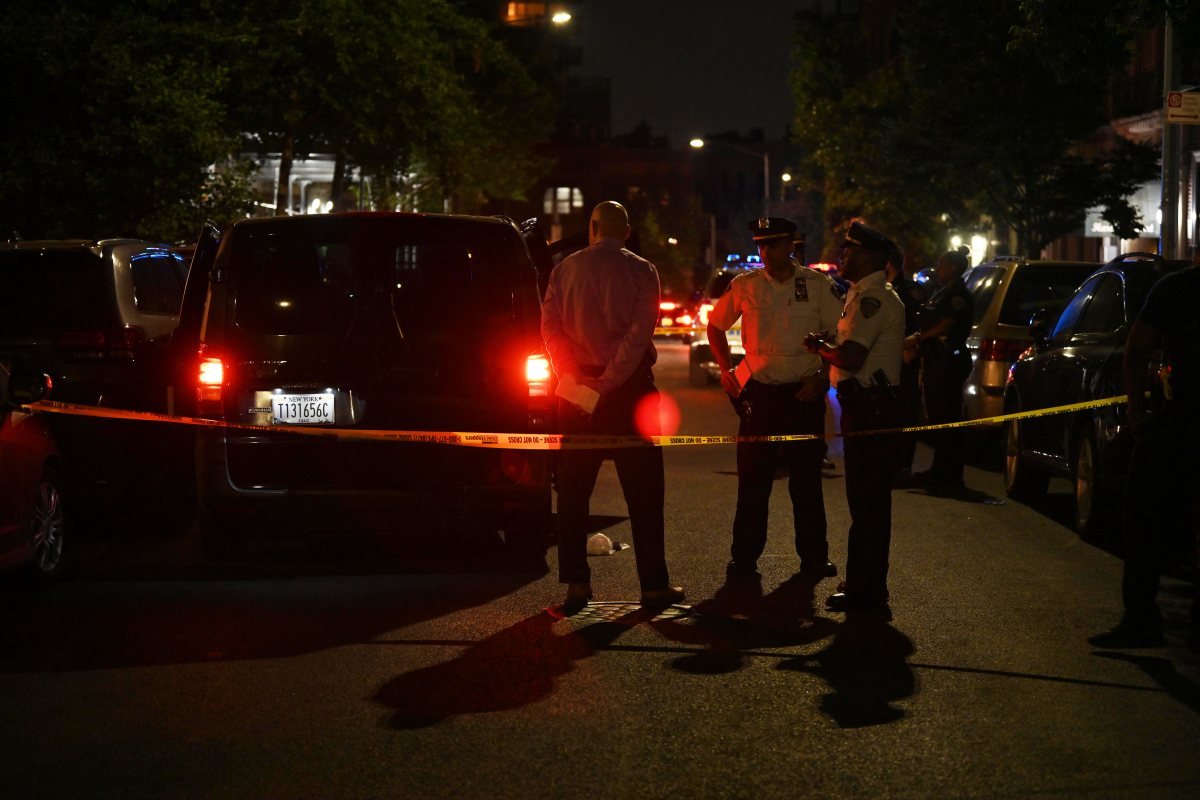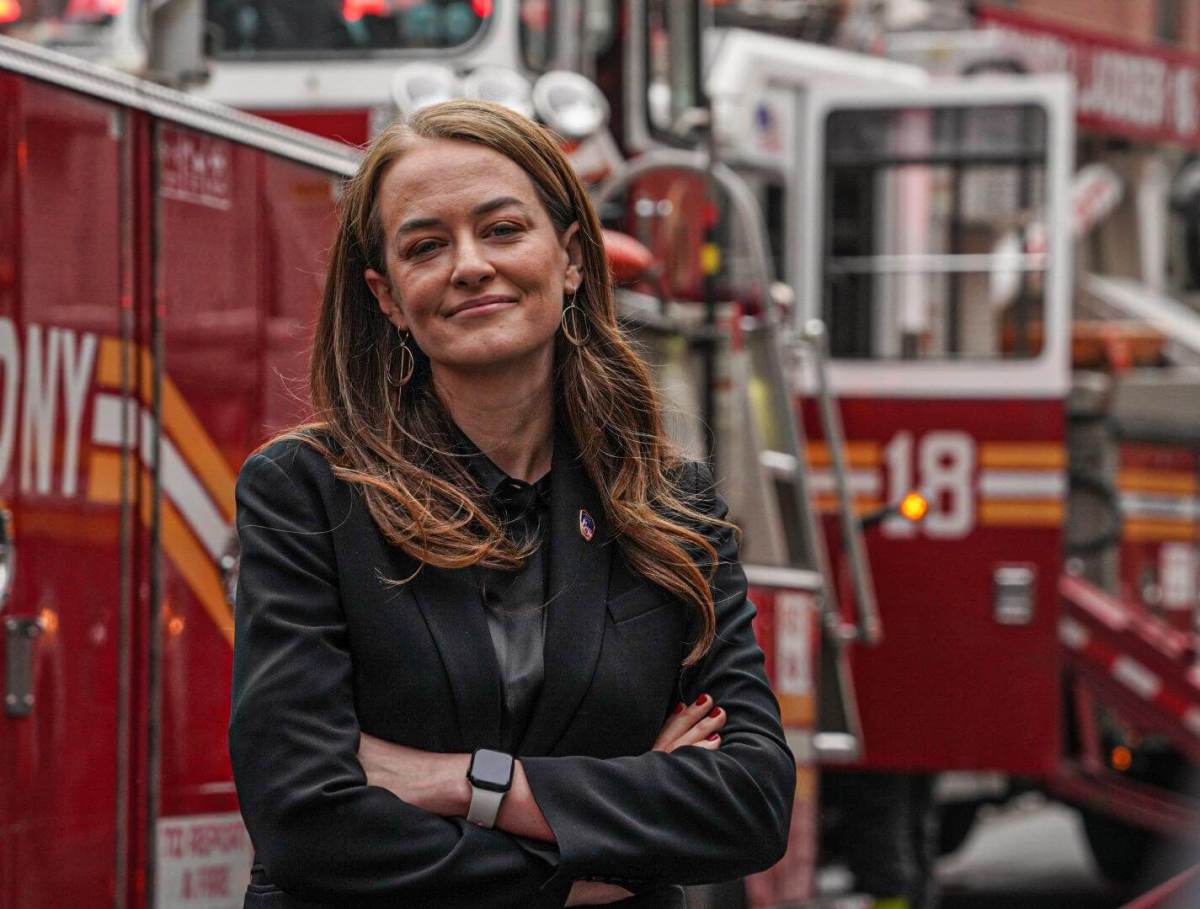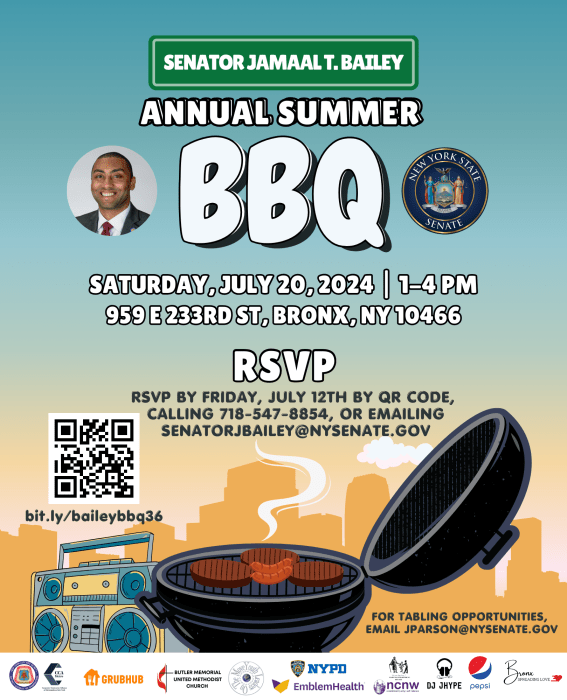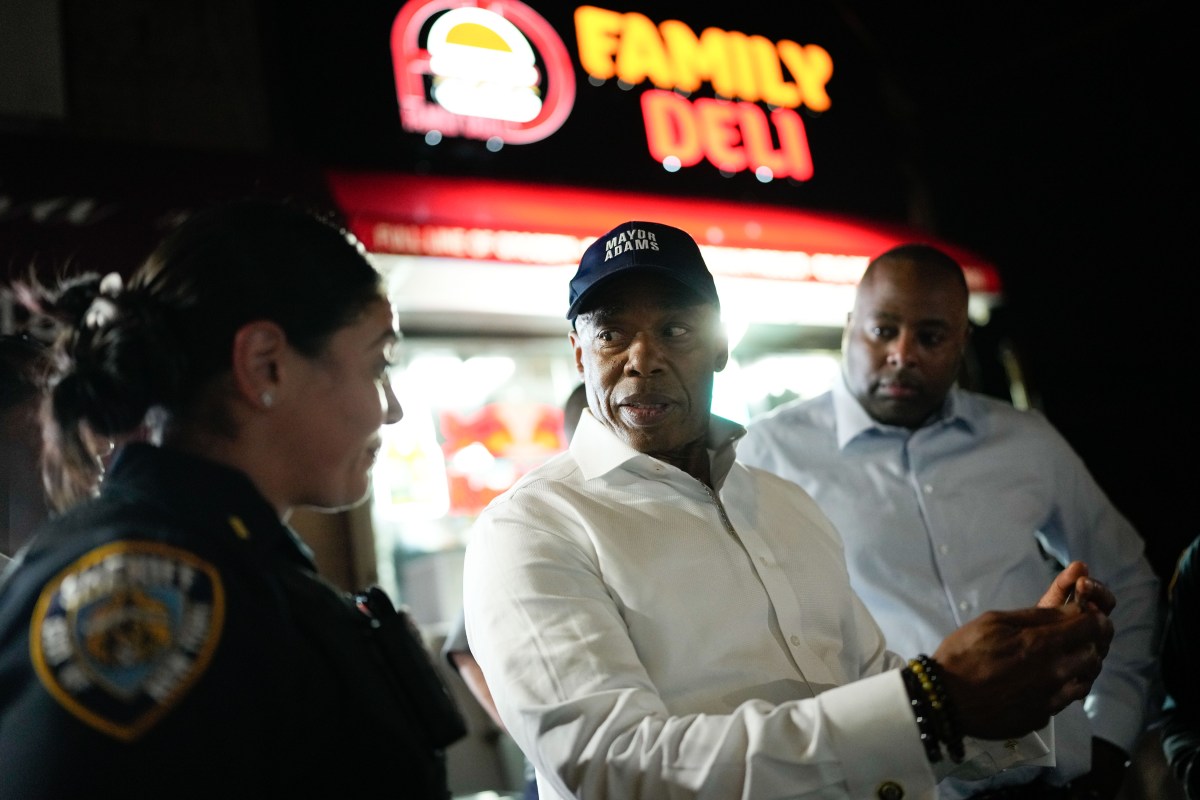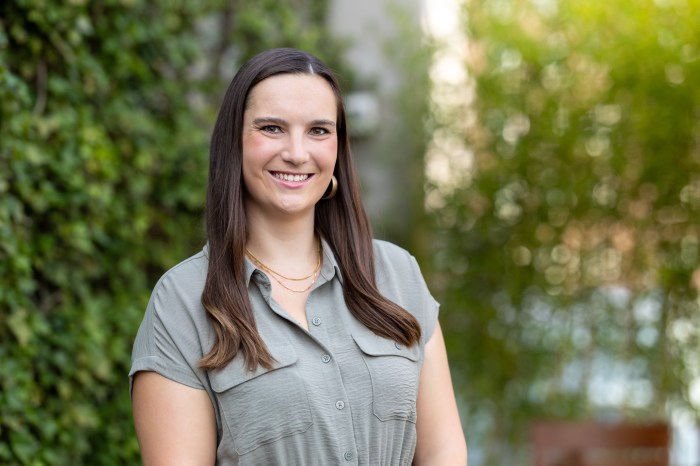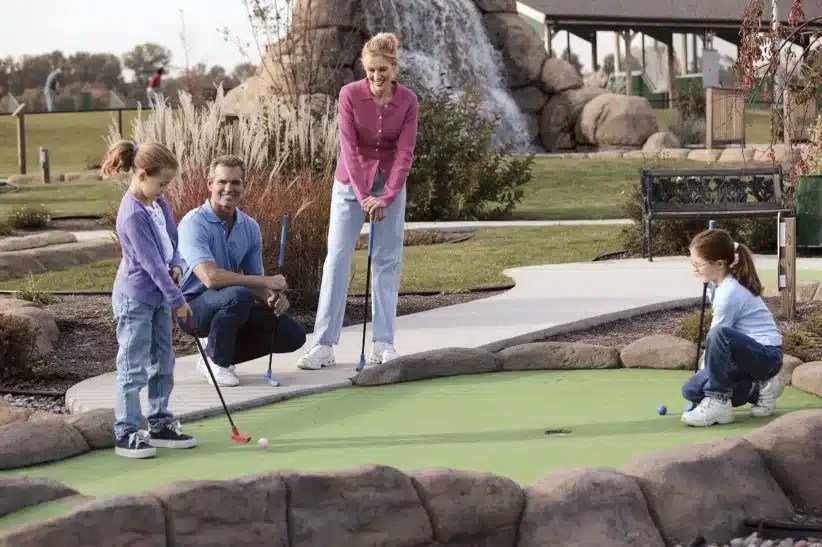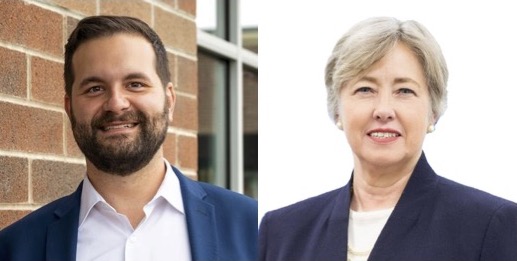Hello my people! Welcome back to Sanchez Te Cuenta, my column where I, Council Member Pierina Sanchez, share updates on District 14 priorities, citywide concerns and current happenings. I use this platform to write about the issues impacting our city, from the perspective of a Bronx-born and raised urban planner and elected official.
In my last column, I shared a major announcement: I am proud to have launched #TogetherForKingsbridge with more than 200 participants in November, which is the community visioning process to determine the future of the Kingsbridge Armory. We will be hosting the second in-person Kingsbridge Armory Public Workshop on Jan. 21. If you can’t make it, no worries! You can always submit your ideas for the armory by reaching out to our office directly or visiting togetherforkingsbridge.com.
As we enter a new year, we remember the painful tragedy that robbed us of 17 beautiful lives at the beginning of 2022. Jan. 9 marked the first anniversary of the tragic and preventable Twin Parks fire. It is a day we must never forget, and a day that has since informed how I look at the work of our city agencies. The truth about this tragic fire is that it was preventable, and that its enabling conditions are unfortunately rampant across the Bronx.
Inadequate heating within the Bronx and in communities of color is endemic in the Bronx. Heating complaints are concentrated in low-income Black and brown neighborhoods; with 10 council districts in the city accounting for 50% of all heat and hot water complaints. Even though no one should feel like they need a space heater to be warm within their home, space heater use is broad in our city. Between 2017 and 2021, there were more than 100 fires in New York City residential buildings caused by portable heaters. A portable heater was the proximate cause of the fire at Twin Parks. The root cause, of course, was inadequate heating.
We have uncovered and learned much since that tragic day.
In March, I co-chaired a triple-joint hearing bringing together the council’s committees on Housing and Buildings, Fire and Emergency Management and Twin Parks Citywide Task Force on Fire Prevention to investigate the Fire Department, Department of Housing Preservation and Development (HPD) and the Department of Buildings’ enforcement protocols.
In late March 2022, the mayor announced Executive Order 12, to strengthen fire safety enforcement and outreach in the aftermath of the tragic Twin Parks apartment fire. As I noted on Pix11, agencies responsible for fire safety were not speaking to each other. There were instances where FDNY, responsible for inspecting self-closing doors in common areas, and HPD, responsible for inspecting apartment doors, did not share information. The executive order sought to address this gap.
In May 2022, the City Council passed the first set of laws addressing failures that led to the tragic fire, including laws that: increase the penalty for self-closing door violations, and reduce the amount of allowable time that a landlord has to correct these violations; ban the sale of electric heaters that do not have automatic shut off mechanisms and thermostats; and expand fire education and language accessibility.
Our investigative work has continued. I held a hearing on housing quality code enforcement in December 2022 and my committee uncovered that despite more than 700,000 annual inspections conducted by HPD, and a set of escalating enforcement programs meant to correct bad-landlord behavior, far too many New Yorkers remain in substandard housing conditions. These findings were supported by a recently released report by city Comptroller Brad Lander, which highlighted that just 1,077 buildings made up about 30% of all heating complaints made citywide between 2017-2021. Said differently, 0.1% of buildings in NYC account for 30% of all tenant heating complaints! Of these 1,077 buildings, more than 25% (274 buildings) never received a single violation from the city, indicating no enforcement action. Of course, these buildings are concentrated in lower income communities of color.
In the December hearing, we also considered my bill to expand the New York City Heat Sensor program, which will require more buildings to install internet capable devices used to report temperatures to HPD. HPD reported there was a 54% drop in heat complaints in the first year after heat sensor installation among the 50 participating buildings, compared to the three prior years. So what’s next? Well, I intend to pass Int. 434 to ensure that the bill targets buildings with the worst and highest number of violations!
We also found that even when the city does issue violations, it does a poor job of collecting on the fines. Between 2018-present HPD and NYC Department of Finance’s collection rate for the Emergency Repair Program (ERP) between 2018 and 2021 was 67%, and only 35% in 2022. Further, 6,000 buildings have been through the city’s emergency repair program multiple times, indicating that bad actors may be using the city as their personal handyperson while still absconding their responsibilities to their tenants. About 386 properties went through the city’s Alternative Enforcement Program (AEP) more than once, which is supposed to be reserved for the worst actors. If a landlord is willing to go through AEP more than once, then program design must be revisited. The city must heighten efforts to collect fees and crack down on landlords who abuse our emergency repair and escalating enforcement programs.
Together, all this data points to a city that has not been responding to heating and housing quality complaints with the appropriate urgency. As the council pushes to address these issues, you have a role too.
We need constituents to continue filing 311 complaints as we work to strengthen the city’s enforcement protocols. Please contact your local council member or reach out to us at district14@council.nyc.gov. Our constituent staff works with HPD to ensure your complaints are followed up on, and our legislative staff records these complaints to track the city’s rate of violations. As we remember the 17 beautiful lives lost too soon at Twin Parks North West, we must recommit to doing all we can to ensure the safety of New Yorkers in their homes. The vast majority of New Yorkers facing abysmal housing quality conditions are low-income, people of colors: tackling housing quality is a matter of racial justice.
We have a long road ahead, but we must continue to chart this path.



